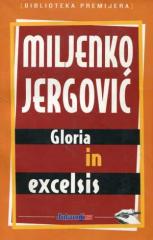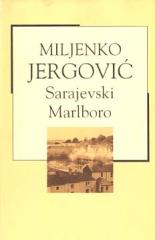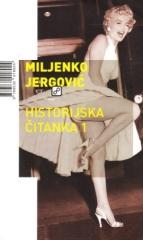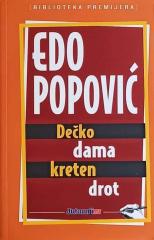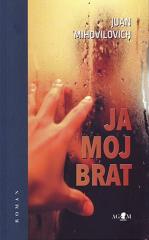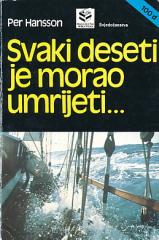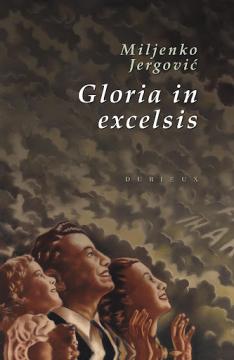
Gloria in excelsis
The novel intertwines three stories by three narrators, separated by centuries but connected by Bosnian destiny and memory. The complex structure uses chronicler style, orality, and fantasy, subverting the linear flow of time through interpolations and dr
First story: Kreševo Chronicle (1765–1766). Friar Marijan Bogdanović, Franciscan chronicler of the monastery of St. Catherine in Kreševo, records the three-year reconstruction after a fire under Turkish rule. The language imitates Andrić's orality: seasons, traditions, superstitions (dreams of Šimun Paškvan, a supernatural oak tree). Characters like Ivan Gašparov Slavnić wander without memory; Friar Marijan struggles with rationality against the irrational, emphasizing the multiculturalism of Bosnia.
Second story: Zagreb Diary (1945). Željko Ćurlin, an RAF pilot of Yugoslav origin, spends four months in post-war Zagreb after the bombing of Sarajevo. Paranoia, shame before Koča Popović, encounters with Stepinac and agent Čajkanović dissolve illusions (the bomb on Sarajevo, his role in the crimes of the NDH). Episodes include Uncle Amidža Pepi and multiple versions of death; culminates in suicide, exploring the Titoist takeover and the relativization of evil.
Third story: Sarajevo Shelter (April 2, 1945). Šimun Paškvan, a retired accountant and bunker locksmith, narrates 80 minutes of panic during the Allied bombing. The language of the lower class: gamblers with unsolved crimes, Ustasha camp inmate Skorvatzy, Luburić as a figure of evil (discovery of hidden Jews). The key symbolizes the power of closing/opening; the bomb brings an apocalypse without salvation.
The stories are connected through the Paškvan family – metallurgical craft, mythical destiny, leaping centuries – and the motifs of the key, dream, fire. Themes: Bosnian melancholy, occupations (Turkish, Ustasha, Titoist), the transition of faith into conviction, coincidence versus logic, the disappearance of patience. The novel, as a mosaic-chronicle, announces death without messianic salvation, celebrating the "Gloria in excelsis" in the chaos of history.
One copy is available
